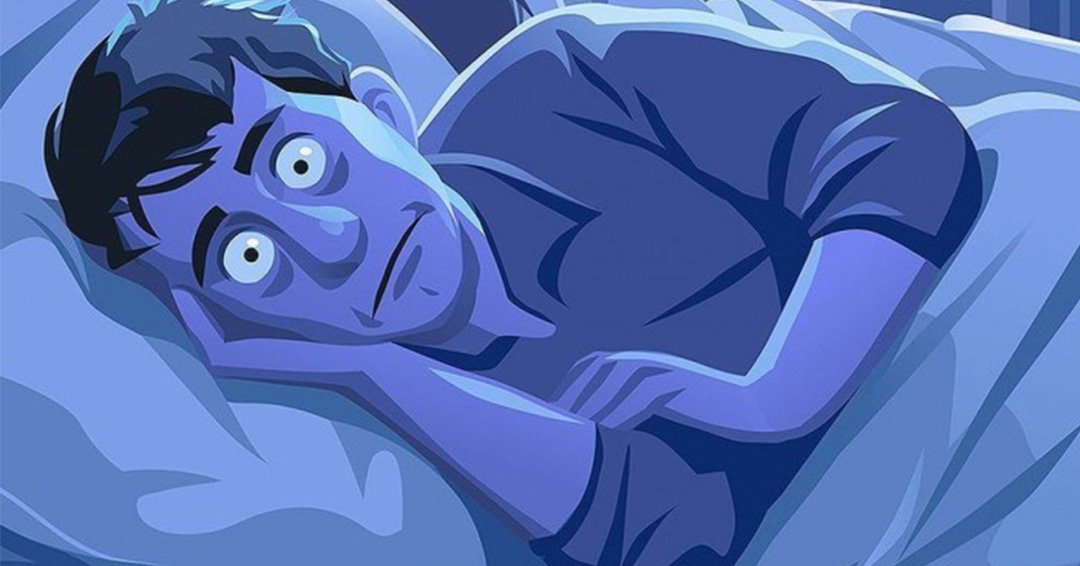
Sep
KIU Teaching Hospital Strengthens Partnership With Kitagata General Hospital
September 5, 2024, 9:40 am
 Administrator
Administrator

KIU, Western Campus – It is now 32 days since president Yoweri Museveni declared a 42-day lockdown after the second wave of COVID-19 pandemic went on the rampage in Uganda.
One of the lockdown measures was the closure of all educational institutions, including Kampala International University and all students went back home like they did when the first lockdown was imposed in March last year.
All of a sudden, many students’ busy schedule was ripped apart and they found themselves with a lot of spare time – too much if you may ask.
Kenneth Mwesigye, a second-year student of Bachelor of Clinical Medicine at KIU Western Campus says he sometimes forgets what time or day it is because the days seem to be endless.
He says when the world goes to sleep, he can’t get himself to rest because he lies awake at night thinking about everything and nothing in particular.
Many people experience short-term insomnia. This common sleep disorder can make it difficult to fall asleep and stay asleep until it’s time to wake up.
If your sleeping patterns are affecting your quality of life, home remedies may be able to help.
1. Avoid chemicals that disrupt sleep. Some chemicals or substances like caffeine, often found in coffee, nicotine got from smoking cigarettes and alcohol usually deprive someone of sleep. Khat, commonly known as mairungi, is also known to deprive people of sleep for up to very long hours.
2. Get into bed only when you are tired and sleepy. Because home usually becomes boring due to the monotony of the daily routine, some people decide to just lie in bed and while their time away. This may lead to failure to get sleep at night. So, make sure you only get into bed when you are completely tired and ready to sleep.
3. Keep your bedroom dark and cool, and only use it for sleeping. Make sure that the curtains in your bedroom are always drawn so that it is always dark and also make sure you only go there when you are going to sleep. This tunes your mind to embrace the bedroom as the ‘sleeping zone’ meaning every time you go there (which you should make sure is sleep time), the mind is ready to sleep.
4. Take a hot shower at the end of the day. Always take a hot shower right at the end of your day. This helps you relax and triggers the ‘sleeper cells’ in your brain.
5. Try eating starch-rich foods for supper. If you are facing real sleeping challenges, try to eat foods rich in starch for supper for example posho, millet and cassava. These foods are known to cause a drowsy sensation which can trigger sleep.
6. Exercise. Exercising can enhance your mood, give you more energy, aid in weight loss, and promote better sleep.
Of course, you can always try out many other remedies by experimenting and talking to your friends about what helps them beat insomnia. Remember, you need sleep for both your physical and mental health.
Stay safe!
Information from healthline.com was used in this article
Image: BBC
Kampala International University,
Box 20000, Ggaba Road, Kansanga, Kampala
+256-760 502660
+256-700 100808